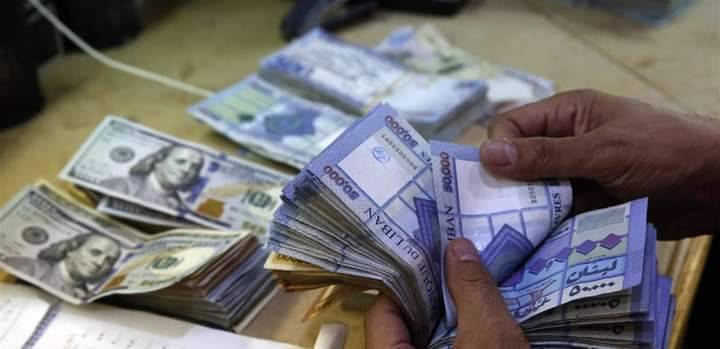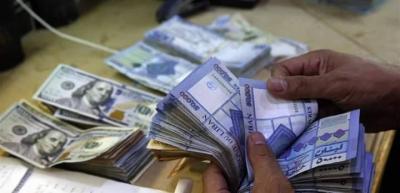Due to the financial crisis and banks imposing restrictions on withdrawals, transfers, and check cashing, the demand for purchasing safes to store money and jewelry has increased dramatically in Lebanon. Rabi, a former bank employee, laments the current situation, describing the compensation he received upon resigning as "a few coins." He added that he converted his compensation into U.S. dollars to preserve its value and deposited it in a safe at home, noting it is safer than a bank account whose fate is uncertain.
Samir, who owns a store selling office furniture and safes near Beirut, states that before the crisis, he had one customer daily inquiring about safes, while this number has surged to about 10 inquiries daily over the past two years, fueled by a lack of trust in banks, which can close their doors and prevent withdrawals at will. He confirmed the availability of different types of safes, starting at $65 and reaching thousands of dollars, depending on their security, weight, camouflage, and resistance to opening or breaking.
Rana shared that she withdrew all her permissible bank deposits and placed them in a home safe, where she also stores her jewelry, spending from her salary and withdrawing what she needs from the safe. In a similar vein, Randa mentioned that she no longer trusts any bank or person with her money. She purchased a camouflaged safe for her home and stored her money there because it is under her supervision, and no bank can prevent her from withdrawing as is currently the case.
Deb Sharank, a metalworker, noted a significant increase in demand for manufacturing home safes in the past three years, with people requesting camouflaged safes that don’t indicate their presence. He pointed out that "most safes requested are the depth of a U.S. dollar bill, 70 centimeters wide, and one meter tall, secured to the wall, with safety features that require breaking the wall to remove them. Their manufacturing relies on complex locks, made of thick, reinforced steel and filled with thermal concrete, with prices starting from $50 and reaching up to $450."
A banking source, who requested anonymity, confirmed that banks have become centers for withdrawing money rather than depositing it, due to losing public trust. The source noted that "money sent by expatriates to their families in Lebanon is immediately withdrawn, often in installments, so that its owners can place it in home safes."
Source: Nidaa al-Watan




